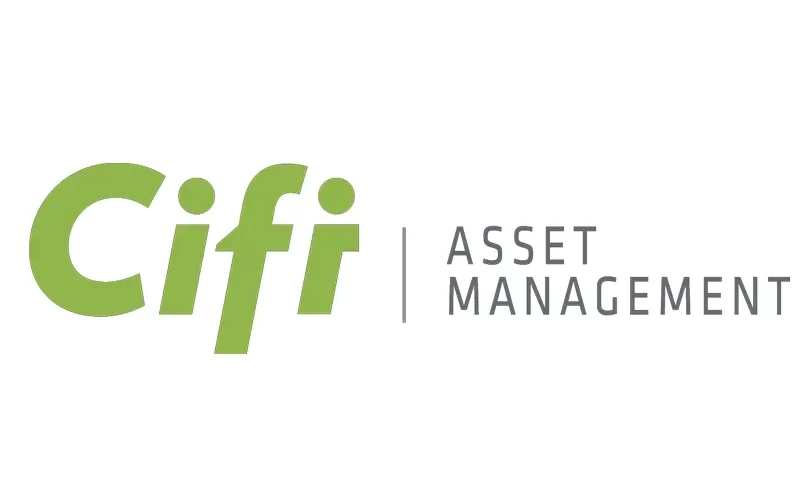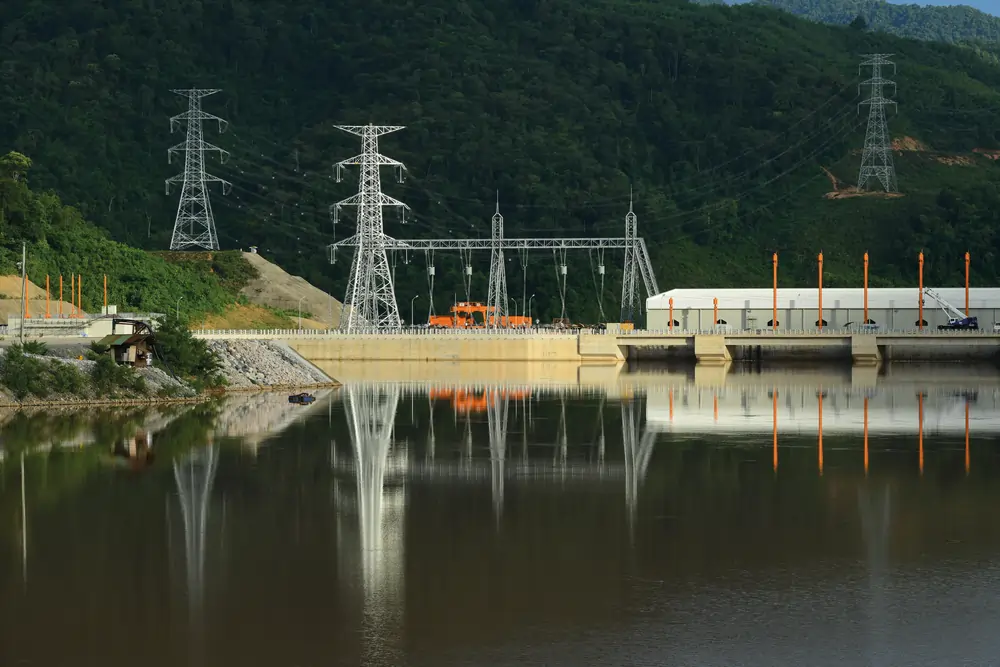The seven competencies of ESG leaders

John E. Kaye
- Published
- ESG, Home, Sustainability

Aim high, and show courage, commitment and sincerity, and your ESG leadership skills will flourish, says Muel Kaptein of KPMG Risk & Regulatory
In the simplest terms, a successful business generates more in profits than it loses in costs. Today, business leaders no longer think of costs in a purely financial sense. Corporate activities exact a toll on environments and societies, which responsible companies seek to mitigate through environmental, social and corporate governance (ESG) practices.
Implementing ESG is an important way of securing investments and raising your organisation’s reputation. In January 2023, Dutch markets watchdog AMF recommended European Union rules for labelling sustainable investment funds need tightening to crack down on “greenwashing”.
So, companies that want to still exist, let alone thrive, in five- or 10-years’ time need leaders capable of guiding them through an ESG transition. These individuals must have the integrity to avoid the pitfalls of insincere “window-dressing” for investor groups, and they must have the competency to introduce changes successfully.
I have spent the better part of thirty years as an Equity Partner at KPMG Risk & Regulatory, in addition to holding a Full Professorship at Rotterdam School of Management, Erasmus University.
Most recently, I have taken on the role of a speaker at the ESG Innovation Institute, launched by KPMG and Nyenrode Business University. In this role, my goal is to give executives the skills and knowledge they need to accelerate their companies through ESG transitions in a professional and informed way.
My experience in industry and the education sector has led me to draw a range of conclusions about the competencies that make corporate leadership effective during ESG transitions. Specifically, I believe there are seven of them.
Compass(ionate)
The word “compassion” contains a number of useful words within it. Firstly, I’d like to highlight the idea that ESG leaders should have a strong moral compass, consisting of a purpose and core values that drive their decision-making process. From this moral compass, leaders derive compassion for people and the environments they live in, and this sparks a leader’s passion to create change.
People who choose this path define their purpose in relation to ESG objectives, a strong blueprint for ethical business. What must be stressed is the connectedness between their empathy for others, which enables leaders to understand the ripple effect of their decisions on wider communities, and the emotions that push them to act.
Curiosity
In January, France’s new anti-waste law took effect, prohibiting fast food and casual dining outlets from using disposable packaging and cutlery. Since then, the bright red rubber containers introduced by McDonald’s for serving french-fries has proven popular with customers.
This is not just an example of how embracing sustainability can benefit a business’s relations with its consumer base. We recognise that disposable packaging is an issue because at some point people crunched the numbers. How many packages are thrown away each year? Where do they all go? How long does it take for them to break down?
ESG leaders must be curious. They must be detectives, constantly seeking out areas where their respective companies can improve. Not only must they be able to sniff out unsustainable practices, but they must know the scale of each issue. This will allow them to prioritise which problems need to be solved most urgently.
Commitment
Where there is the smell of smoke, fire is not far away. ESG issues must be resolved as soon as possible; the stakes are too high to be ignored. But, the necessity for change does not make it any easier to achieve. Leaders
are not faced with making marginal changes, they must transform entire organisations.
How does one manage this? It is a prolonged battle. Rome was not built in a day, after all. ESG leaders must have stamina, fuelled by their own sense of responsibility. It is imperative they continue to have faith in their own ability to create change. It is not something to be offloaded entirely onto the back of an appointed ESG official. Progress towards ESG is not a sprint, but a marathon. Leaders must be in it for the long-haul. It is a life’s work.
Creativity
While an ESG leader is not driven purely by the goal of generating a profit, this is still an important part of their job. Bankruptcy is obviously not their aim. On one hand, the process of sustainable transformation often puts additional financial pressure on companies; on the other, it creates new potential for investment and innovation. ESG leaders are able to turn disruptive ideas and technologies into new products and services. They can harness the possibilities created by advances in technology. Think of the increasing popularity of hybrid and electric vehicles.
Though ambitious in their goals, leaders should remain realistic rather than idealistic. They must find creative ways of turning ESG issues into new business models and revenue streams. There is no sense putting an end to current practices if you do not have a Plan B ready. The Classical Greek philosopher Aristotle gave us a term for this skill: “phronesis”, meaning practical wisdom.

Courage
A quick Google search will reveal no end of quotes from famous businesspeople, motivational speakers, politicians and other thinking persons about the importance of accepting and embracing failure. Yet, corporate culture remains rather intolerant of it.
Regardless, ESG leaders face such a colossal task that it is inevitable sometimes. They must brave it nonetheless, because their successes are imperative to their company’s future prospects. Boldness is required when taking action to push for a different governance model, long-term value creation for stakeholders instead of short-term value creation for shareholders, and the implementation of metrics for valuing social and ecological business capital.
They are not in a popularity contest. Leaders should be receptive to feedback but resolute in confrontations. In many ways, they are juggernauts, capable of brushing aside CEO-bashing, wokeism, and cancel culture. They are willing to take calculated risks, experiment, and learn from their mistakes.
Cooperation
The Pyramids were not built by one person. Nor was the Burj Khalifa. Monumental tasks require lots of hands to complete, though they might work to achieve the same vision. Part of a leader’s role is to define that vision. Leaders should seek to always be learning from and interacting with others in an inspiring way.
ESG should be pursued in cooperation with all stakeholders, because if the organisation is transformed in any meaningful way, it will impact all stakeholders. It is an exercise in forming networks and partnerships, and launching new ventures together. Leaders must keep in touch with their followers. They should strive to create a community atmosphere and lead by example.
Consistency
Hypocrisy is a sure-fire way to alienate people and undermine your cause. When we talk of leaders being consistent, this is not about rigidity; it is about authenticity. What leaders expect from their employees and stakeholders should be reflected in the high standards they set for themselves.
Detail is important when you are looking to implement large-scale changes. Your own leadership will come under close examination. Evidence of insincerity will quickly lead to accusations of opportunism and, ultimately, greenwashing. You do not have to be perfect, but you must be sincere, and have an eye for details to ensure your decisions are being carried out in a coherent way. Leaders that demand Spartan dedication to their ESG beliefs from their employees while consuming large amounts of energy in their private lives are at best ineffective and at worst immoral. The same goes for those who set high human rights targets but lobby against environmental protections.
Be the best you can
In combination, it is perhaps unreasonable to expect a leader to live up to all of the expectations I have outlined. That is not the goal. Instead, they are intended to serve as a target to aspire for. In reflecting on these competencies, and on their own leadership styles, leaders should be encouraged to consider areas for self-development. Perfection is unattainable, but a lifetime spent struggling towards it will result in a better world for us all.
ABOUT THE AUTHOR

Dr Muel Kaptein is an Equity Partner at KPMG Risk & Regulatory, and holds a Full Professorship at Rotterdam School of Management, Erasmus University. He is also a speaker at the ESG Innovation Institute, launched by KPMG and Nyenrode Business University.
RECENT ARTICLES
-
 Jersey builds on regulatory strength to stay globally competitive
Jersey builds on regulatory strength to stay globally competitive -
 Why hybrid energy systems are set to power the continent
Why hybrid energy systems are set to power the continent -
 ees Europe: The rise of large-scale storage systems
ees Europe: The rise of large-scale storage systems -
 From reputational risk to competitive advantage
From reputational risk to competitive advantage -
 Take your business success full circle
Take your business success full circle -
 Designed for life
Designed for life -
 Is your ESMS fit for purpose?
Is your ESMS fit for purpose? -
 Digitally enable your ESG solutions
Digitally enable your ESG solutions -
 Afore SURA - The journey to sustainable investment
Afore SURA - The journey to sustainable investment -
 ESG at IDFC FIRST Bank
ESG at IDFC FIRST Bank -
 Takeaways from eco food study
Takeaways from eco food study -
 It’s all about sustainability
It’s all about sustainability -
 Invest in a Greener Tomorrow with Westbrooke Associates
Invest in a Greener Tomorrow with Westbrooke Associates -
 Q&A with Cifi Asset Management's Ricardo Rico, Head of Funds & Javier Escorriola, Managing Partner
Q&A with Cifi Asset Management's Ricardo Rico, Head of Funds & Javier Escorriola, Managing Partner -
 The present calls for sustainable investments, and CIFI has heard that call
The present calls for sustainable investments, and CIFI has heard that call -
 The power to transform tomorrow
The power to transform tomorrow -
 UK to mismanage quarter of a million tonnes of plastic waste this year
UK to mismanage quarter of a million tonnes of plastic waste this year -
 How can visionary design save the world?
How can visionary design save the world? -
 Interview with Thanawat Trivisvavet, Managing Director of CKPower
Interview with Thanawat Trivisvavet, Managing Director of CKPower -
 Elsewedy Electric - Powering progress
Elsewedy Electric - Powering progress -
 Thailand’s CKPower leads sustainable business model
Thailand’s CKPower leads sustainable business model -
 It’s time to focus on the ‘S’ in ESG
It’s time to focus on the ‘S’ in ESG -
 The seven competencies of ESG leaders
The seven competencies of ESG leaders -
 Why businesses must begin their net zero journey now
Why businesses must begin their net zero journey now -
 Every drop of the ocean is connected - Ocean Bottle
Every drop of the ocean is connected - Ocean Bottle


























